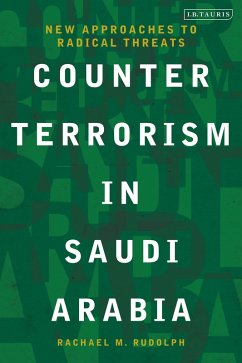As jihadist extremism, and its manifestation as Al Qaeda, began to spread - even in the years before 9/11 - Saudi Arabia became a principal target. Jihadists identified the country as the first state against which they could mount a concerted effort to destabilise, undermine and subvert the authority of its central government and its ruling elites. This prompted the Saudis to take defensive initiatives which were to become widely recognised as an effective way to deal with extremism. The key element of the Saudi approach was to lace their hard confrontation of the extremists with subtle, soft mechanisms to undermine the will of actual and potential terrorists. The efforts ranged from interdiction of funding terrorist groups to the deployment of social and psychological pressures aimed at steering extremists away from their cause. This included welfare inducements whereby perpetrators were persuaded by material benefits - state support to families and individuals, housing allowances, educational opportunities - to abandon their political goals in favour of a return to family and society. This book charts the course of the Saudi terrorist rehabilitation programme and makes vital reading for all who, either directly or indirectly, have an interest in following the emergence of international terrorism.
Bitte wählen Sie Ihr Anliegen aus.
Rechnungen
Retourenschein anfordern
Bestellstatus
Storno









